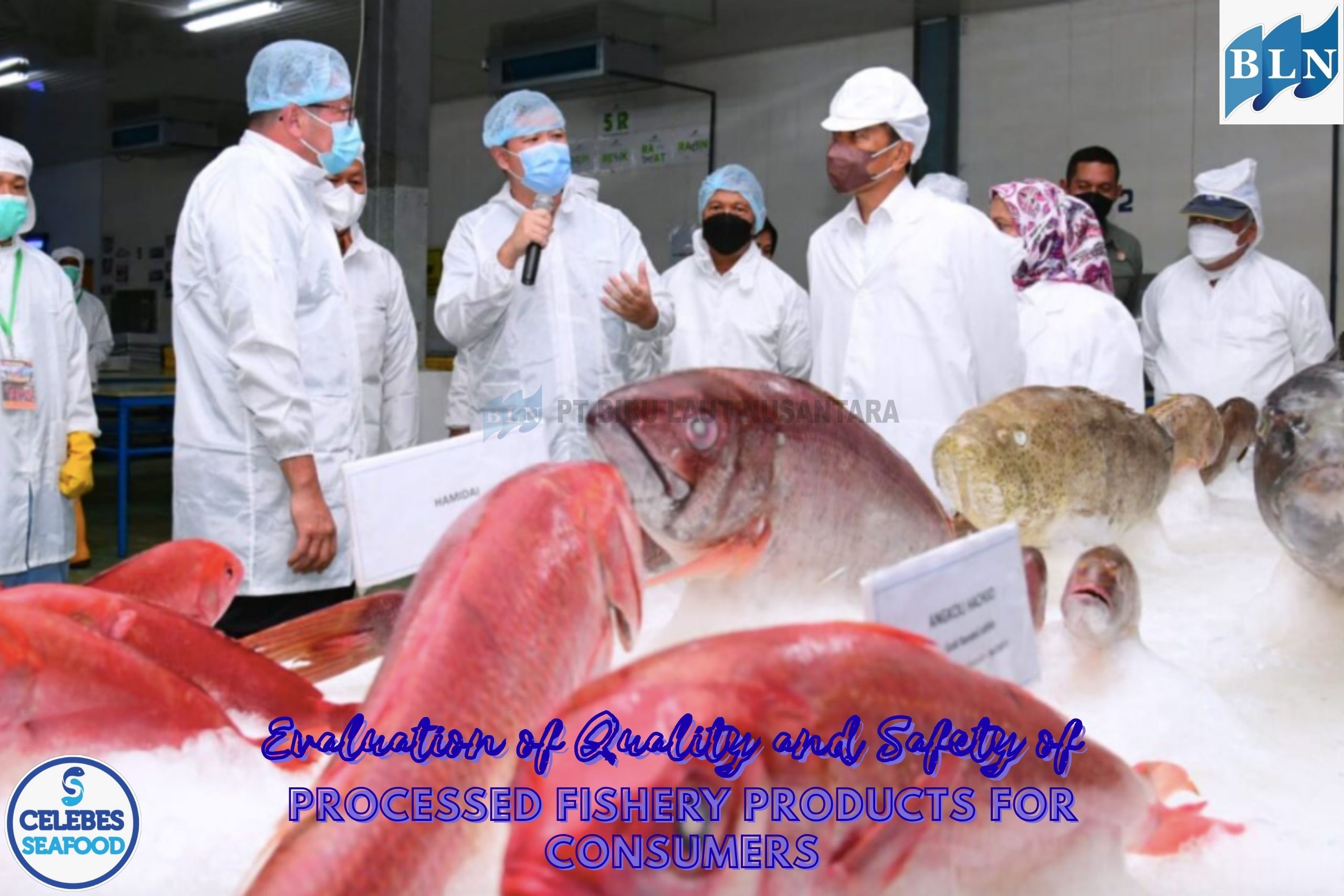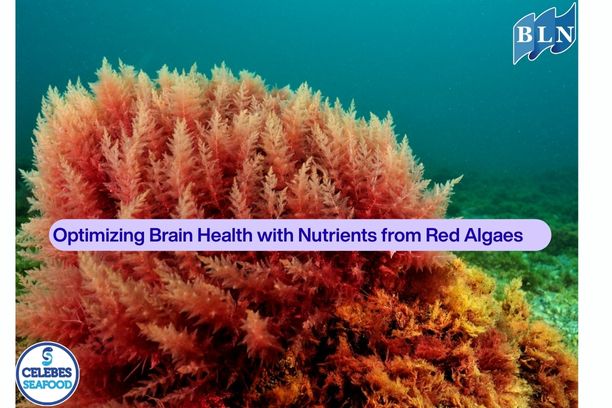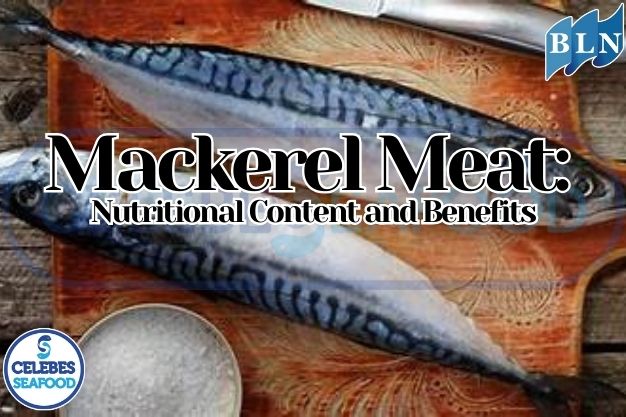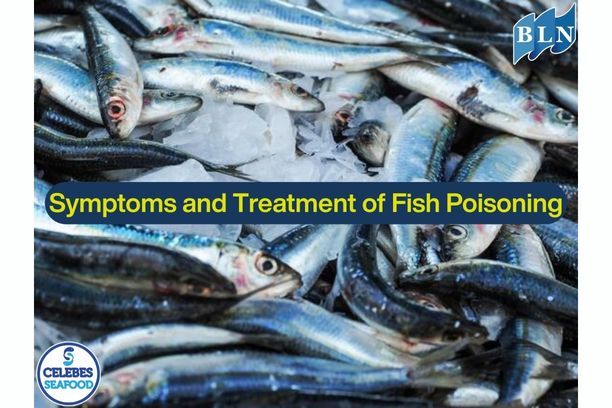The Impact of Unhealthy and Excessive Frozen Food Consumption
By. Rani - 03 Sep 2025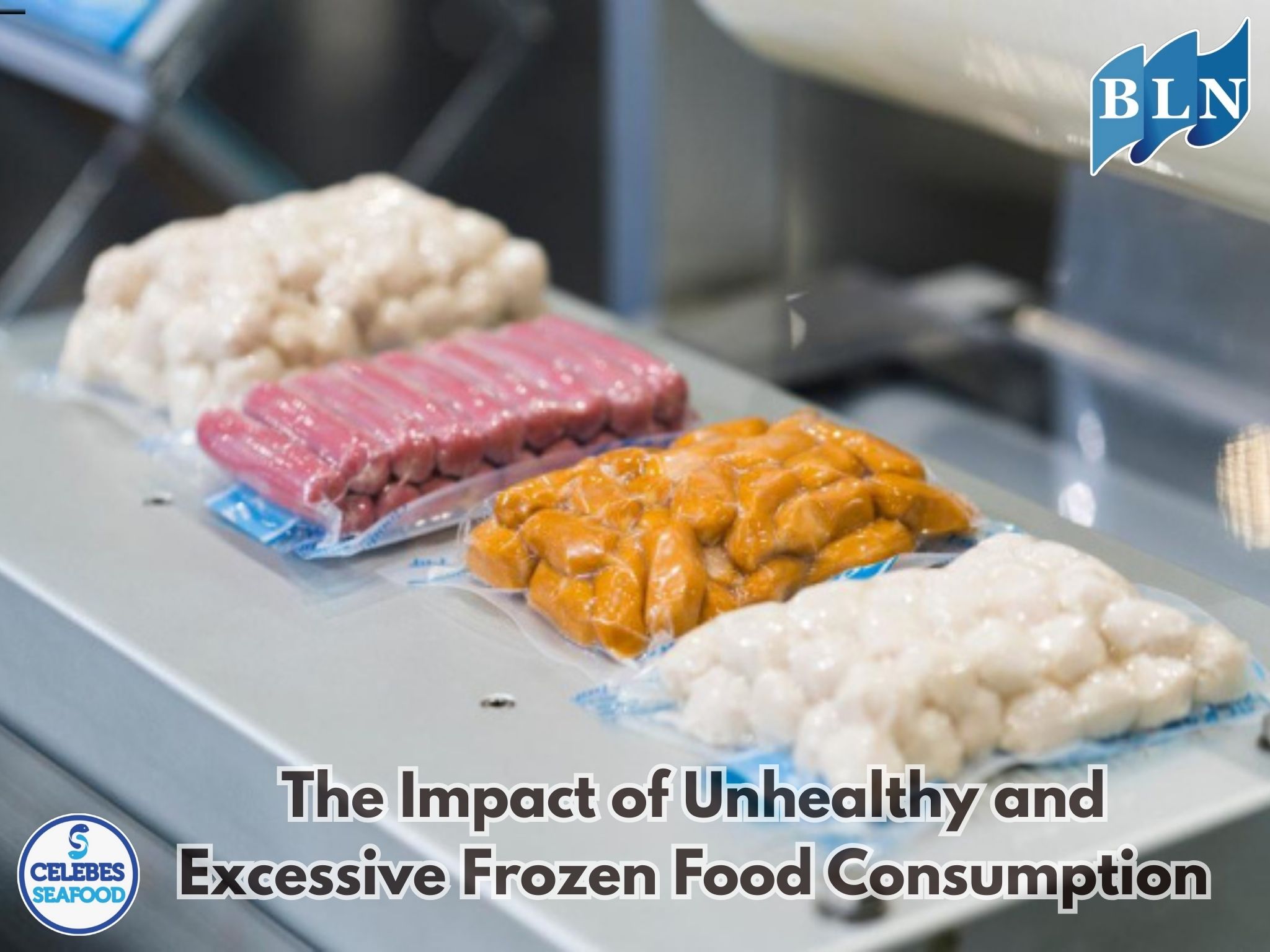
lautnusantara.com From meat and potatoes to colorful fruits, you can now find almost any food in frozen form. Despite a reputation for being inferior to fresh food, frozen food isn't necessarily bad for you. Esther Ellis, MS, RDN, LDN, a palliative care dietitian in the U.S., states that the freezing process itself doesn't make a food healthy or unhealthy. Its nutritional value depends entirely on the food item itself.
Most foods go through the same basic process: harvesting, sorting, washing, and packaging. Therefore, there's no difference in nutritional value between frozen and fresh vegetables, or frozen and fresh meat.
If you're concerned about eating frozen food, remember that freezing can actually preserve the freshness and various vitamins in a food. In certain cases, frozen food may even contain more vitamins and minerals than fresh food because nutrients can be damaged by heat, sunlight, water, and other factors. Generally, the freezing process doesn't affect the total calories, carbohydrates, protein, or fat in your food. However, the texture and taste might not be as good as fresh food due to reduced water content.
The Impact of Eating Frozen Food Every Day
While some frozen foods have a similar nutritional content to fresh food, this doesn't mean you should eat them every day. The reason is that most frozen foods you find in supermarkets are ultra-processed foods.
These are processed foods that are frozen and ready to cook, such as chicken nuggets, sausages, meatballs, or french fries. These are not fresh foods that have simply been frozen.
Here are some of the long-term dangers of eating these types of frozen foods.
1. Increased Risk of Hypertension
Packaged processed foods are usually high in sodium, and so are frozen ones. For example, a single portion of frozen lasagna can contain 900 milligrams of sodium. A sodium intake of more than 2,300 mg per day is a primary cause of hypertension.
2. Contains Many Additives
Packaged foods also often contain many additives, such as preservatives, flavor enhancers, and artificial sweeteners. Excessive consumption of these additives can increase the risk of degenerative diseases later in life.
3. Increased Risk of Heart Disease
One of the most common impacts of eating frozen food is an increased intake of saturated and trans fats. In the long term, this can lead to cardiovascular diseases such as stroke, heart disease, and heart failure.
4. Can Cause Weight Gain
In addition to being high in fat, frozen processed foods also contain a lot of calories. They often don't provide the same feeling of fullness as fresh foods, which can lead to you feeling hungry more often and a tendency to overeat.
How to Avoid the Negative Effects of Eating Frozen Food
Not all frozen foods are processed in the same way. Many contain large amounts of sodium, added sugar, trans fat, and additives. You need to be smart about your choices to avoid the negative health impacts.
You have more freedom when choosing fresh foods that have been frozen. When buying frozen processed foods, always check the nutrition facts label on the packaging. If needed, compare the nutritional value of one product to another.
Look for products that are low in salt (sodium), saturated fat, and added sugar. If possible, choose products with fewer additives but that are high in fiber, vitamins, and minerals. Remember that most packaged frozen foods have more than one serving size.
This means you need to multiply the calories and nutrients listed on the label by the number of servings. Although eating frozen food doesn't always have a negative impact, fresh food is still a better choice than most processed frozen meals.
If you are interested in our WAHOO NATURAL CUT FILLET SKIN ON, WAHOO QUARTER CUT FILLET SKIN ON please do not hesitate to contact us through email and/or whatsapp.
